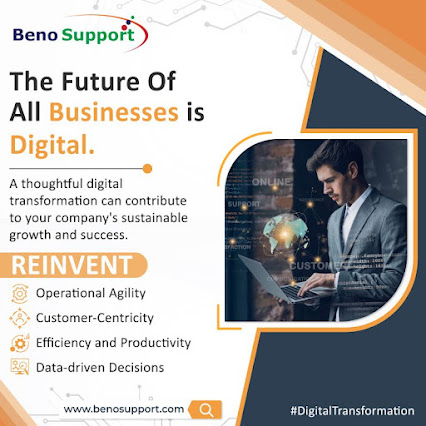Three key principles for cultivating a strong RPO partnership
In today's competitive talent market, finding the right people can make or break your business. Recruiting internally can be time-consuming and resource-intensive. This is where a strong partnership with a Recruitment Process Outsourcing (RPO) provider comes in. An RPO acts as an extension of your internal team, streamlining recruitment and delivering high-quality candidates.
However, a successful RPO partnership goes beyond simply signing a contract. Building trust, clear communication, and a shared vision are essential for achieving optimal results. Here are three key principles to cultivate a strong RPO partnership:
1. Aligned Goals and Expectations
The foundation of any successful partnership is a clear understanding of goals and expectations. Before diving in, dedicate time to discuss your specific needs. Here are some key areas to align on:
Target Hiring Goals: Define your ideal candidate profile, including skills, experience, and cultural fit.
Metrics and Success Measurement: Determine how you will measure the RPO's performance. This could include time-to-fill, candidate quality, and cost-per-hire.
Communication Channels and Frequency: Establish clear communication protocols – how often you'll communicate, preferred methods (email, meetings, etc.), and who will be the primary point of contact on each side.
By setting clear expectations upfront, you avoid misunderstandings and ensure the RPO focuses on delivering the right talent pool.
2. Open Communication and Transparency
Open communication is the lifeblood of a strong RPO partnership. Here's how to foster transparency:
Regular Feedback Loops: Provide the RPO with regular feedback on their performance. This allows them to adjust their sourcing strategies and improve candidate selection for future roles.
Market Insights and Internal Culture Sharing: Brief the RPO on your company culture, employer brand, and any specific industry challenges. This helps them tailor their approach to attract the best fits.
Transparency on Challenges and Delays: Don't shy away from sharing internal roadblocks or delays that could impact hiring timelines. Open communication allows the RPO to adjust their strategies accordingly.
By fostering an environment of open communication, you build trust and allow the RPO to become a true partner in your recruitment success.
3. Collaborative Approach and Shared Ownership
Building a successful RPO partnership is a two-way street. Here's how to foster a collaborative approach:
Dedicated Team Resources: Assign a dedicated point of contact within your organization to manage the RPO relationship.
Joint Problem-Solving: Approach challenges as a team. Work with the RPO to identify the root cause of any difficulties and develop solutions together.
Investment in Technology: Technology can be a powerful tool for streamlining communication and data sharing. Explore collaborative platforms that enhance the RPO partnership.
By working collaboratively and taking shared ownership of the recruitment process, you create a synergy that leads to better hiring outcomes.
Maintaining Constant Improvement
Achieving continuous improvement is crucial in an RPO partnership. The implementation phase serves as the foundation for building a strong relationship based on trust, partnership, and shared ownership. Once the process becomes known and repeatable, both parties can focus on refining processes and setting higher goals. By investing effort and resources, these goals can be achieved. While challenges may arise during the transition, a well-planned and rigorous implementation process will help overcome them more effectively. The benefits of a successful RPO implementation make the effort worthwhile.
About Beno Support
Beno Support offers a comprehensive range of talent services that can be tailored to your specific needs. These services include recruitment process outsourcing (RPO), executive search, contingent talent solutions, and talent consulting. With their configurable options, Beno Support can provide the right solutions to help you effectively manage your talent acquisition and consulting requirements.

.jpg)

Comments
Post a Comment